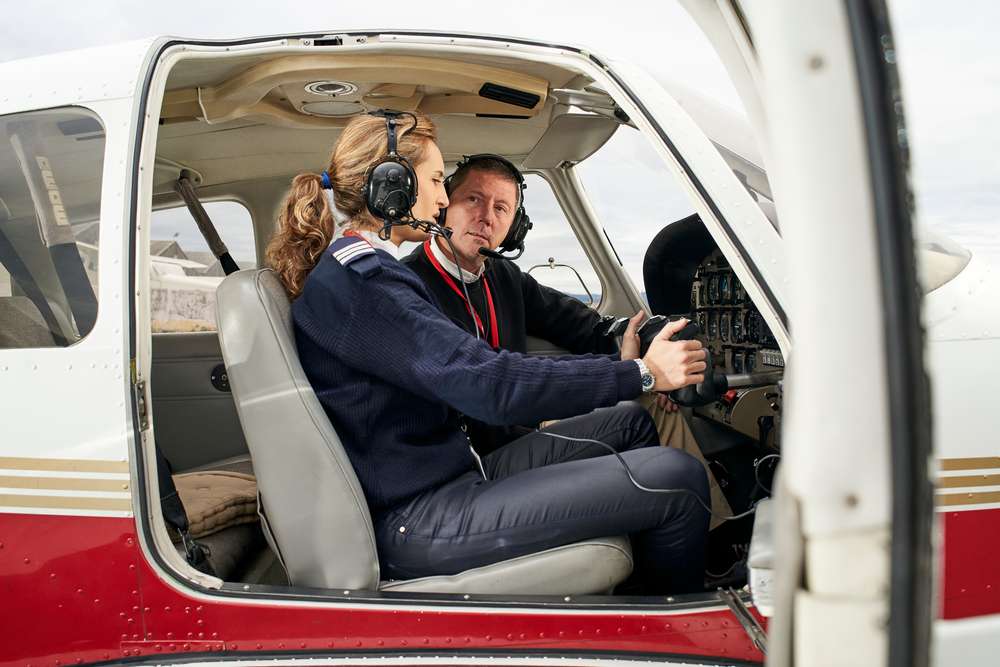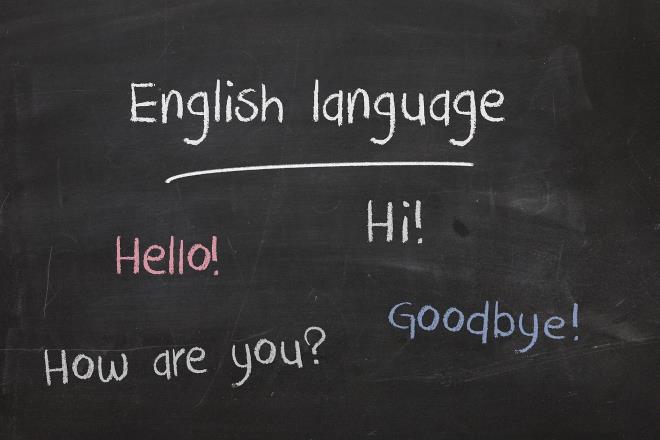Aviation Training Programs for English Speakers in Germany
The aviation sector in Germany is experiencing a surge in interest, leading to the establishment of various training programs that cater to individuals who primarily speak English. These programs aim to provide essential knowledge about the different roles available in aviation and the conditions that govern this dynamic industry. As the demand for skilled professionals grows, understanding the landscape and requirements of aviation careers becomes increasingly important.

Germany stands as one of Europe’s premier destinations for aviation training, offering internationally recognized certification programs that meet the highest global standards. For English speakers interested in pursuing careers as pilots, flight attendants, aircraft mechanics, or air traffic controllers, Germany provides numerous pathways despite the country’s primary language being German. The aviation industry’s international nature has led many German training institutions to develop English-language programs or robust language support systems to accommodate international students and professionals seeking quality education in this field.
Understanding the Landscape of Aviation Training in Germany
Germany’s aviation training ecosystem consists of several types of institutions. The Lufthansa Aviation Training centers in Frankfurt, Munich, and Berlin represent some of the most prestigious facilities, offering programs ranging from commercial pilot training to cabin crew certification. Additionally, universities like the Technical University of Munich and the University of Stuttgart offer aerospace engineering degrees with components taught in English.
The German system distinguishes itself through its dual education approach, combining theoretical classroom learning with practical hands-on experience. This methodology is particularly valuable in aviation, where both technical knowledge and applied skills are crucial. Most training programs maintain close relationships with airlines and aerospace manufacturers, facilitating internships and employment opportunities for graduates.
For certification purposes, Germany follows the European Union Aviation Safety Agency (EASA) standards, which are recognized worldwide. This means pilots trained in Germany can easily transfer their qualifications to other countries that accept EASA certification.
Language Support for English Speakers in Aviation Programs
While German remains the primary language of instruction in many programs, the aviation industry’s global nature has prompted significant accommodation for English speakers. Many flight schools offer complete English-language instruction tracks, particularly for pilot training, as English is the international language of aviation. Programs like those at the European Flight Academy and FTEJerez (with a German branch) conduct their entire curriculum in English.
For programs that maintain some German-language components, many institutions offer supplementary language support services. These typically include preparatory German courses, bilingual instruction materials, and English-speaking staff who can provide assistance throughout the training process. Some schools also pair international students with German-speaking mentors to facilitate both professional development and cultural integration.
It’s worth noting that technical aviation terminology is often standardized in English across the industry, which somewhat eases the language barrier for specialized training. However, students should expect to develop at least basic German language skills for daily life outside the classroom.
Career Roles and Conditions in the Aviation Sector
Graduates of German aviation training programs can pursue diverse career paths within the industry. Commercial pilots trained in Germany typically begin with regional airlines before advancing to major carriers like Lufthansa, Eurowings, or international airlines. The starting salary for commercial pilots in Germany ranges from €40,000 to €60,000 annually, increasing significantly with experience and aircraft type ratings.
Aircraft maintenance technicians and engineers are in consistent demand, with Germany’s strong aerospace manufacturing sector offering stable employment opportunities. Companies like Airbus, MTU Aero Engines, and Lufthansa Technik regularly recruit qualified technicians. Maintenance professionals typically earn between €35,000 and €50,000 annually depending on specialization and experience.
Flight attendants and cabin crew positions offer more accessible entry points into the aviation industry, with training programs typically lasting 6-8 weeks. These roles provide opportunities for international travel but often involve irregular working hours and scheduling challenges. Compensation generally starts around €25,000 to €30,000 per year, supplemented by travel benefits and per diem allowances.
Air traffic control represents another critical aviation career path, though training is primarily conducted through the German Air Navigation Services (DFS) and has more stringent language requirements. This career offers excellent stability and compensation, with controllers earning between €60,000 and €100,000 annually after completing their training.
Training Costs and Program Comparison
Aviation training in Germany varies significantly in cost depending on the program type and career path. Below is a comparison of major training options available to English speakers:
| Training Program | Provider | Duration | Approximate Cost |
|---|---|---|---|
| Commercial Pilot License (CPL) | Lufthansa Aviation Training | 18-24 months | €60,000-€80,000 |
| Integrated ATPL | European Flight Academy | 24 months | €70,000-€90,000 |
| Aircraft Maintenance (Part-66) | Lufthansa Technical Training | 24-36 months | €15,000-€25,000 |
| Cabin Crew Certification | Wings Academy | 6-8 weeks | €2,000-€3,500 |
| Aerospace Engineering Bachelor’s | Technical University Munich | 36-48 months | €1,500-€3,000 per semester* |
Prices, rates, or cost estimates mentioned in this article are based on the latest available information but may change over time. Independent research is advised before making financial decisions. *Public universities in Germany charge minimal tuition fees, but international students should budget for living expenses.
Admission Requirements and Application Process
Admission to aviation training programs in Germany typically involves several requirements for English-speaking applicants. For pilot training, candidates must be at least 17-18 years old (depending on the program), have completed secondary education with strong mathematics and physics backgrounds, and pass medical examinations meeting EASA Class 1 Medical Certificate standards. Most flight schools also conduct aptitude tests assessing spatial awareness, multitasking abilities, and decision-making skills.
For technical roles like aircraft maintenance, programs generally require a secondary education diploma with emphasis on mathematics, physics, and technical subjects. University aerospace programs typically require academic credentials equivalent to the German Abitur, which international students can meet through foundation courses if necessary.
The application process for most aviation programs includes document submission (educational certificates, identification, medical clearances), entrance examinations, and interviews. Many institutions have dedicated international student offices to assist English speakers with navigating the application process, visa requirements, and housing arrangements.
Conclusion
Germany offers robust aviation training opportunities for English speakers willing to navigate some initial language and cultural adjustments. The combination of world-class training facilities, EASA-standard certification, and growing English-language support makes German aviation programs increasingly accessible to international students. While the investment in aviation training is substantial, the global recognition of German qualifications and the country’s central position in European aerospace provide graduates with excellent career prospects both within Germany and internationally. Prospective students should carefully research specific program language requirements and support services to find the best match for their career goals and linguistic abilities.




